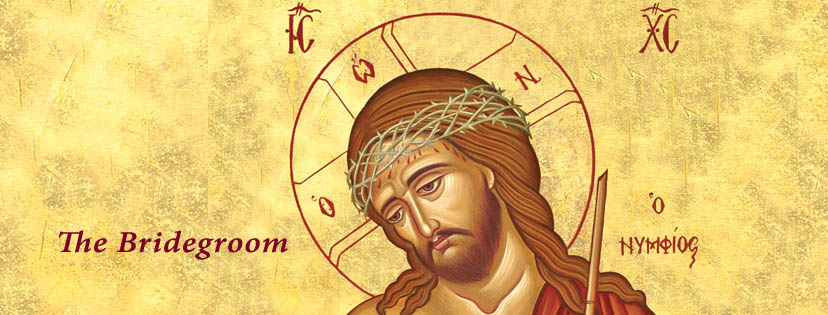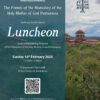
On Holy Tuesday the Church calls to remembrance two parables, which are related to the Second Coming. The one is the parable of the Ten Virgins (Matthew 25:1-3); the other the parable of the Talents (Matthew 25:14-30). These parables point to the inevitability of the Second Coming (Judgement Day) and deal with such subjects as spiritual vigilance, stewardship, accountability and judgment.
From these parables we learn at least two basic things. Firstly, Judgment Day will be like the situation in which the bridesmaids (or virgins) of the parable found themselves: some ready for it, some not ready. The time one decides for God is now and not at some undefined point in the future. If “time and tide wait for no man,” certainly the Second Coming (Judgement Day) is no exception. The tragedy of the closed door is that individuals close it, not God. The exclusion from the marriage feast, the kingdom, is of our own making.
Secondly, we are reminded that watchfulness and readiness do not mean a wearisome, spiritless performance of formal and empty obligations. Most certainly it does not mean inactivity and slothfulness. Watchfulness signifies inner stability, soberness, tranquility and joy. It means spiritual alertness, attentiveness and vigilance. Watchfulness is the deep personal resolve to find and do the will of God, embrace every commandment and every virtue, and guard the intellect and heart from evil thoughts and actions. Watchfulness is the intense love of God.




